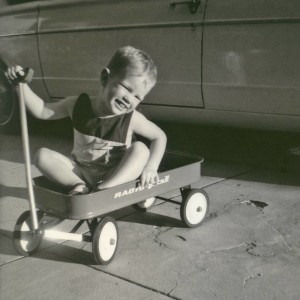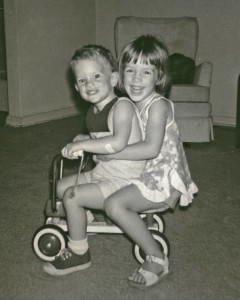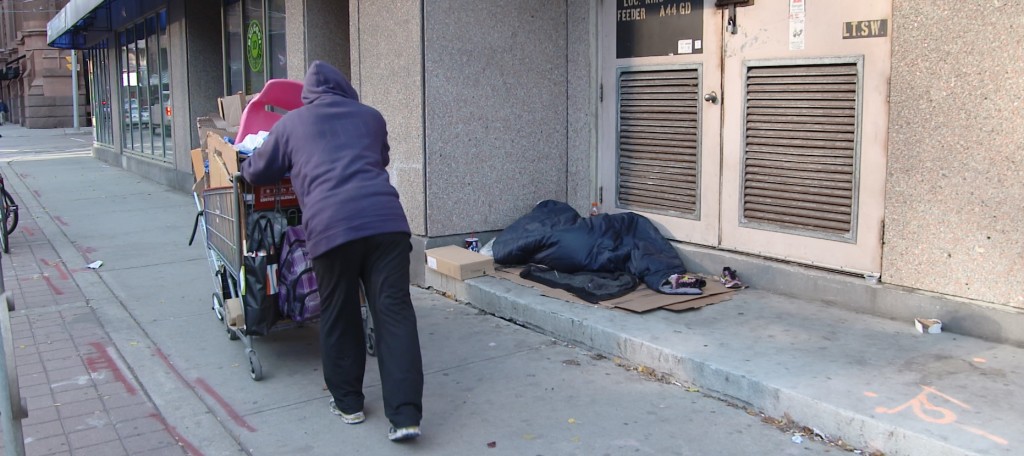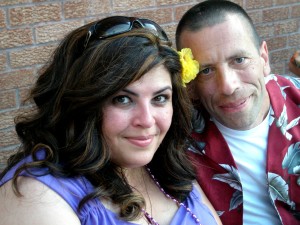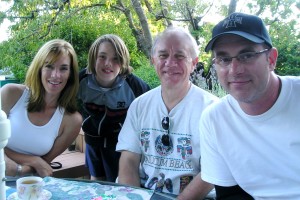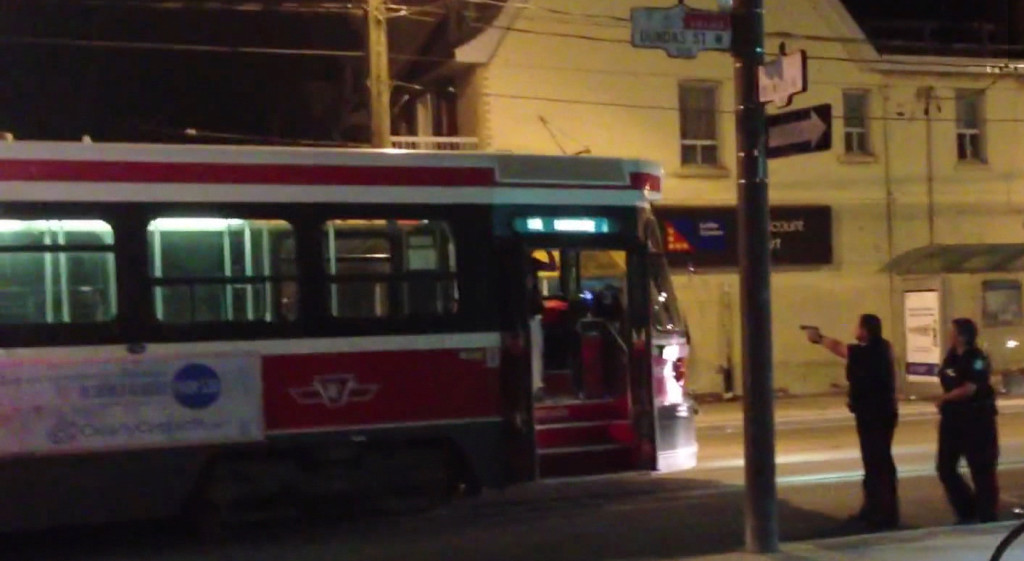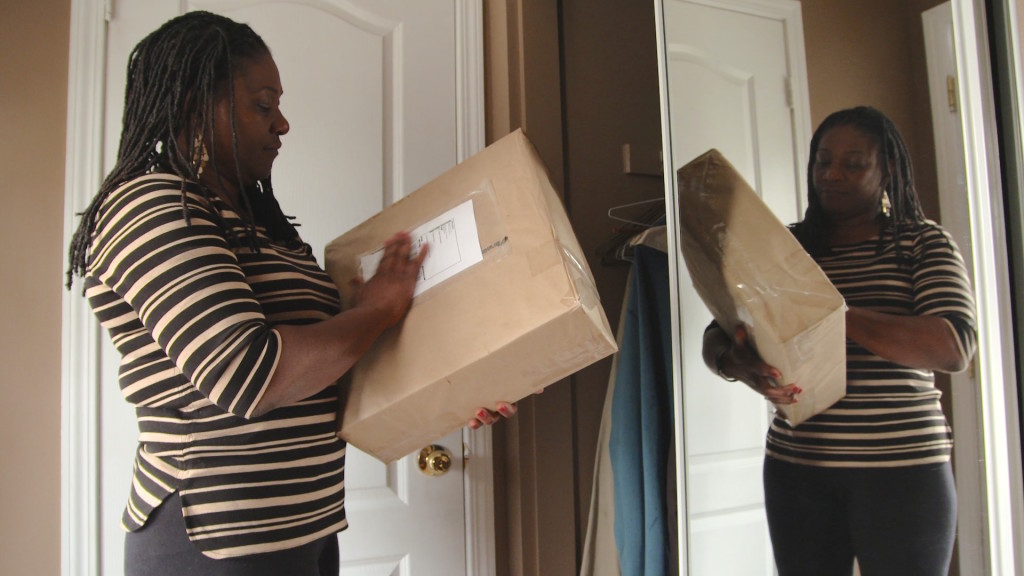 Those of us who have the privilege of making documentaries spend months and years involved with the people whose stories we’re telling. As well as an honour, it is something of a joyful burden. We want to get it right – the facts and the emotional reality.
Those of us who have the privilege of making documentaries spend months and years involved with the people whose stories we’re telling. As well as an honour, it is something of a joyful burden. We want to get it right – the facts and the emotional reality.
Like any big project, it comes together step by step and, for long periods of time, one thinks about the individual steps, not the entire weight of the story. Throughout the making of Hold Your Fire, sometimes the sad power of a storyline would suddenly stop me in my tracks. I think that was true for everyone who worked on the film. There was a lot of sighing going on in edit rooms and sound studios.
One of the scenes that stays with me – Jackie Christopher holding a box that came back to her by courier after the inquest into her son’s death in a police shooting. It’s his last possessions and she knows it must contain the clothes he died in. Eleven years since he died and she still can’t open it. Or throw it out either.
But throughout production, I didn’t think only of the people shot, and the families, but also about the police officers whose lives were forever changed too. It’s true what they say that no officer goes to work planning to shoot somebody that day. If only they can be prepared in such a way that the shooting of a person in crisis is the rarest of occurrences.

